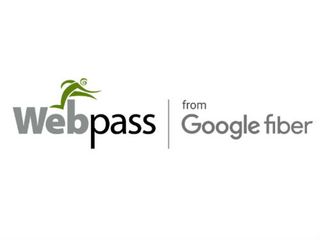Google’s Webpass Backing Out of Boston

Webpass, the wireless broadband company acquired by Google Fiber in the fall of 2016, confirmed that it will shut down operations in Boston following a review of Webpass’s business in that market.
“As with any acquisition, we’ve spent some time evaluating the Webpass business,” a spokesperson with Alphabet’s Access unit said in a statement (Alphabet is Google’s parent company). “As a result of our analysis, we’ve made the decision to wind down Webpass operations in Boston. We’ll work with customers and partners to minimize disruption, and there will be no immediate impacts to their Webpass service. We continue to see strong subscriber response across the rest of the Webpass portfolio, including successful launches in Denver and Seattle in 2017.”
RELATED: Google Fiber Wraps Webpass Buy
Google didn’t elaborate further on the decision, first reported by The Verge, but it’s believed that Webpass’s performance and response in Boston wasn’t as strong as it’s been in new launch cities such as Denver and Seattle.
RELATED: Google’s Webpass Debuts in Denver
Webpass’s wind-down in Boston is expected to take several months, so customers there shouldn’t see an impact to their service right away.
RELATED: Building Fiber Networks: Difficult and Lame?
Multichannel Newsletter
The smarter way to stay on top of the multichannel video marketplace. Sign up below.
Though Webpass has found some rough sledding in Boston, another wireless broadband entrant there, Starry, said recently that it’s had some success penetrating parts of the city with a platform that relies on millimeter wave spectrum. Starry, which passes more than 240,000 homes in the market with an uncapped 200 Mbps service starting at $50 per month, says it’s been particularly appealing to cord-cutters and consumers who have never taken a pay TV service.
RELATED: Starry Connects with Cord Cutters (subscription required)
Starry and Webpass have been dueling with a trio of incumbent broadband providers in Boston that includes Comcast, Verizon and RCN.
The decision to wind down operations appears to be a small a setback for Google’s plans involving Webpass, which has been viewed as a more cost-effective alternative for broadband as Google Fiber curtailed expansion plans for its FTTP rollouts.
However, at this point, it appears that there’s no change for Webpass in its other deployment cities, which, in addition to Denver and Seattle, includes parts of Chicago, Miami, Oakland, San Francisco, and San Diego.
In October 2017, Google confirmed last week that Charles Barr, founder of Webpass, had left the company, but didn’t elaborate on the reason for his departure.
RELATED: Capex for Alphabet’s ‘Other Bets’ Falls Off a Cliff
